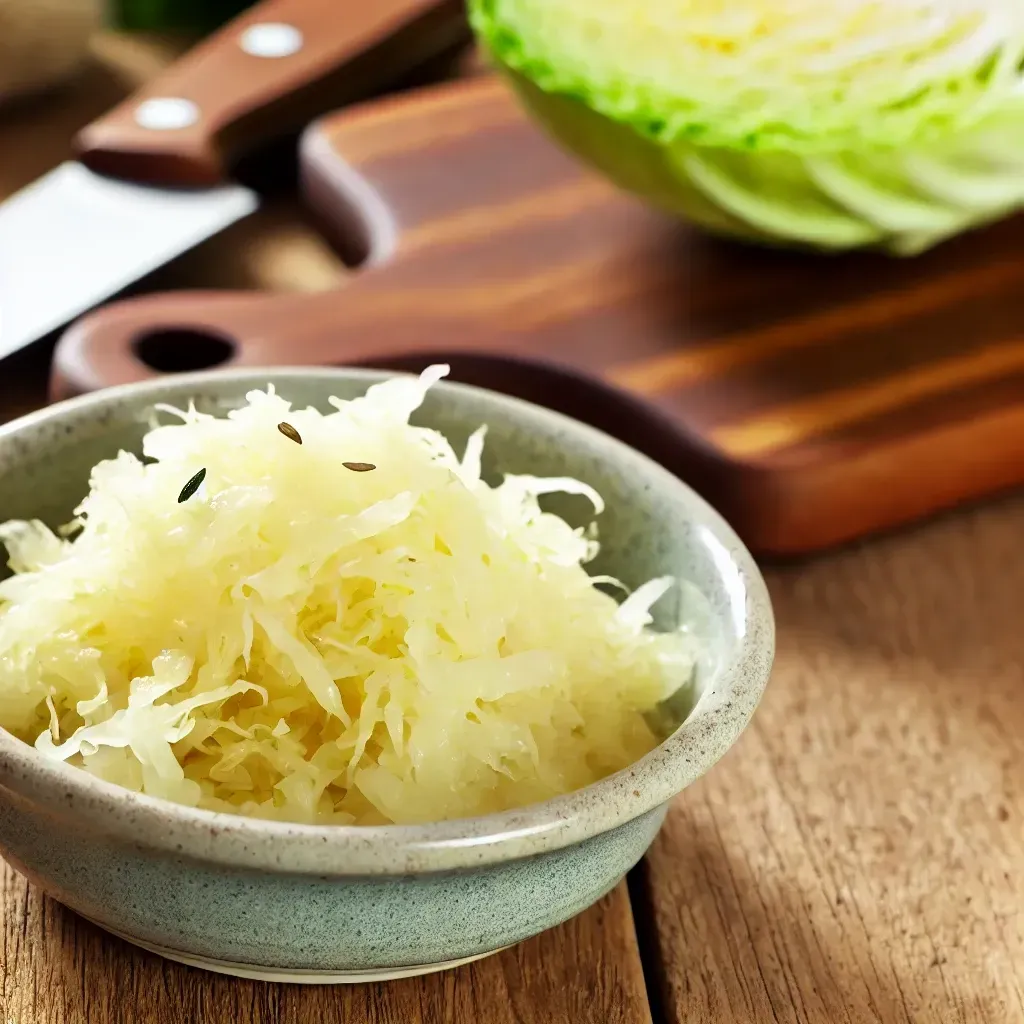1 Overlooked Way to Support Proper Digestion
Many of our diseases and health conditions root back to issues in the gut.
If you know you have issues with proper digestion, you need to learn about phytic acid. Understanding how certain foods are digested is foundational to creating a nutrition plan that helps your body heal. Information like this is what I consider as I make recommendations to clients and you can use this information to support proper digestion in your own body.
Phytic acid is the molecule that plants use to store phosphorus. It also serves as a protective antioxidant in the fragile seeds, so legumes, grains, nuts, and seeds are the main dietary sources of phytic acid. This molecule binds with minerals such as copper, calcium, magnesium, iron, and zinc and prevents them from being absorbed or used by the body (when bound, the whole complex is called phytate). We look at all of these minerals on Hair Tissue Mineral Analysis Testing (HTMA Testing).
Binding minerals is detrimental when they are needed by the body, but beneficial when they are not (for example, binding excess iron). Because of this, phytic acid is considered BOTH an antinutrient and an antioxidant.
So should you worry about phytic acid in your diet? It depends on your gut...
In addition to preventing mineral absorption, phytic acid also inhibits digestive enzymes that are needed to properly digest protein and fat. If your digestion is compromised in any way, consuming lots of phytic acid will likely aggravate those issues. This is why traditional preparation methods (like soaking, sprouting, and fermenting) make legumes, grains, nuts, and seeds more digestible (you are basically "pre-digesting" them before eating). It is also helpful to remember that foods high in phytic acid are also typically high in fiber, which can benefit digestion and the microbiome. While your body cannot digest phytates, certain gut bacteria can (so you can think of phytates as prebiotics).
There is also evidence that therapeutic levels of phytic acid (usually referred to as IP6) can have a protective effect against inflammation and cancer development. In short, there is no need to avoid foods simply because they contain phytic acid. If your digestion is compromised, the key is to focus on proper preparation so you can optimize nutrient absorption.
Here are foods that are high in phytates.
- lentils
- soybeans
- peas
- peanuts
- whole grains
- nuts
- seeds
- cocoa
- coconut
So what can you do to properly prepare foods that are high in phytates? Boiling, soaking, sprouting, fermenting, using a pressure cooker or consuming these foods with vitamin C can all aid in proper digestion. If you want to try soaking or sprouting foods high in phytates, use the chart below to ensure you use the proper times for these common food items.
This is all great information to support your gut, but if you don’t know what gut issues you have, how can you know how to properly support your health? If you think you have digestive issues, my strong encouragement is to not “solve” the problem yourself with online methods.
Reach out to a trusted functional medicine practitioner. I do gut testing through a variety of professional tests to learn exactly what your gut needs before creating a plan for healing. Schedule a Free Health Discovery Session today to talk more about your concerns and how I can help you heal your gut and take back the life you want to live.
| Food | Soaking | Sprouting |
|---|---|---|
| Oats | 6 | 2-3 (grouts) |
| Rice | 9 | 3-5 |
| Wheat | 7 | 3-4 |
| Quinoa | 3 | 2-3 |
| Most Beans | 18-12 | 3-4 |
| Most Lentils | 7 | 1-2 |
| Sesame Seeds | 6 | 1-2 |
| Sunflower Seeds | 2-4 | 2-3 (if raw) |
| Almonds | 12-16 | 1-3 (if raw) |
| Cashews | 2-3 | - |
| Walnuts | 4 | - |
Don't Miss Out On More!

Heidi Toy FNTP
I help people all over the world heal by identifying and treating the root cause of their body imbalances. Through diet and nutrition, I guide them towards wholeness and balanced lives.
Heidi Toy Functional Medicine Blog














































































































